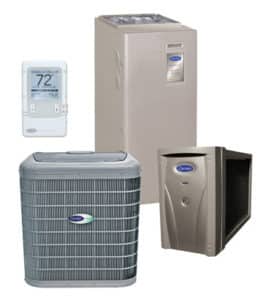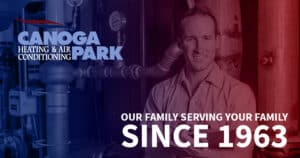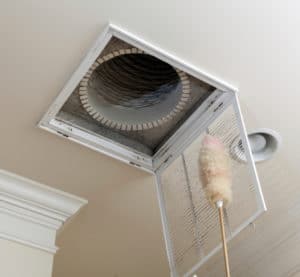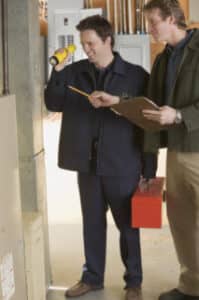
Before you call for repair
First of all, don’t panic! Check a few basic things before calling for service, it may say you some money! Check these simple items: 1. If the system does not turn on, check your electrical circuit breaker. Be sure and check the condensing unit and the furnace breaker. Remember that many systems have two breakers. 2. Be sure your thermostat is turned on. If you have any questions about the operation of your thermostat, be sure and check the product section of our website for a manual on your thermostat. Or just give us a call, we may be able to help. 3. If your fan is running constantly, check to see if the fan switch is turned on. Many people mistake this for an actual problem. Give us a call if you have any further questions. (818) 348-4768








